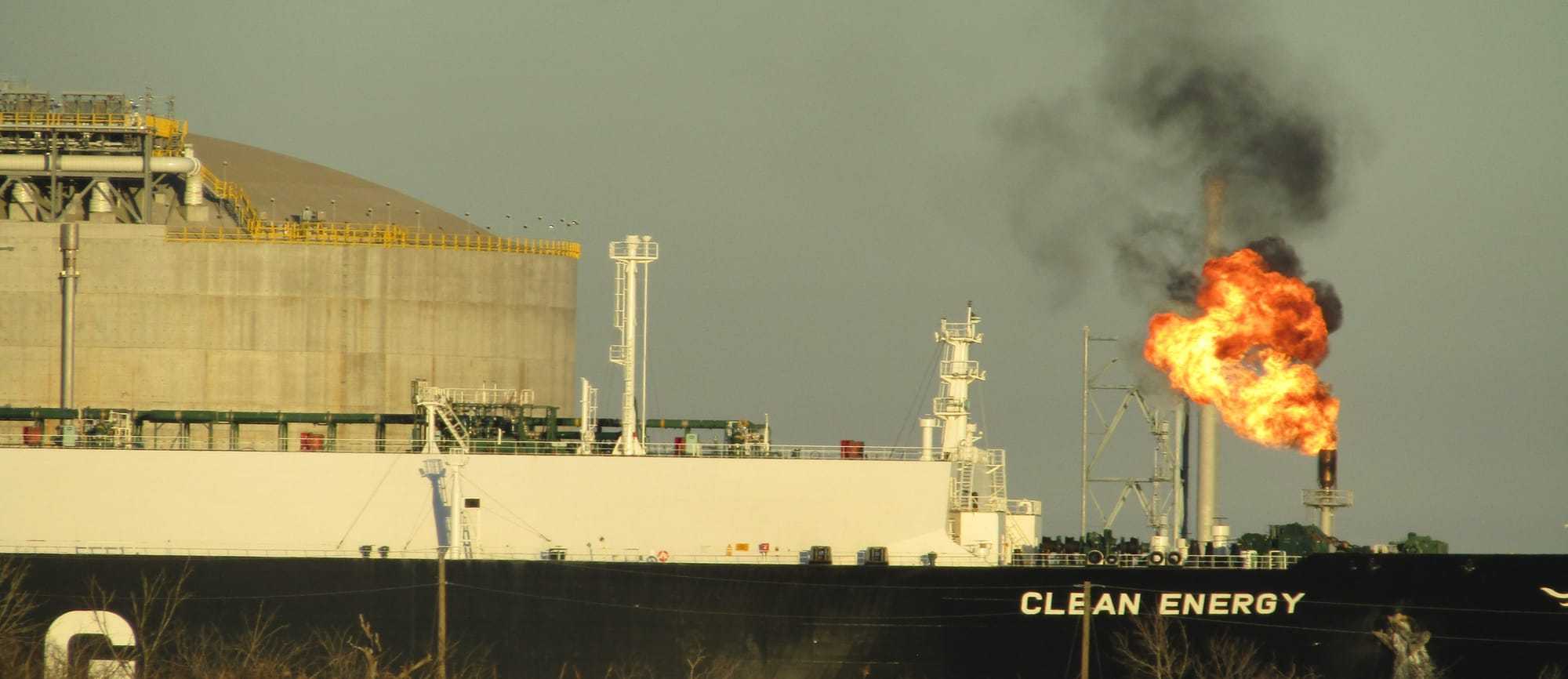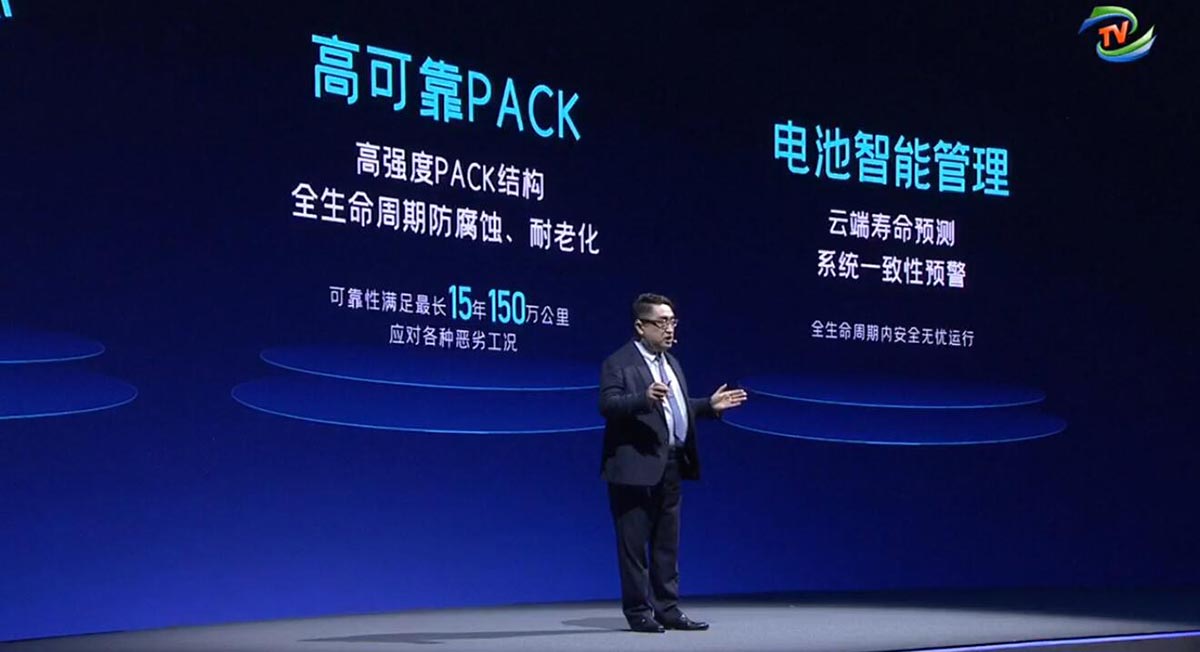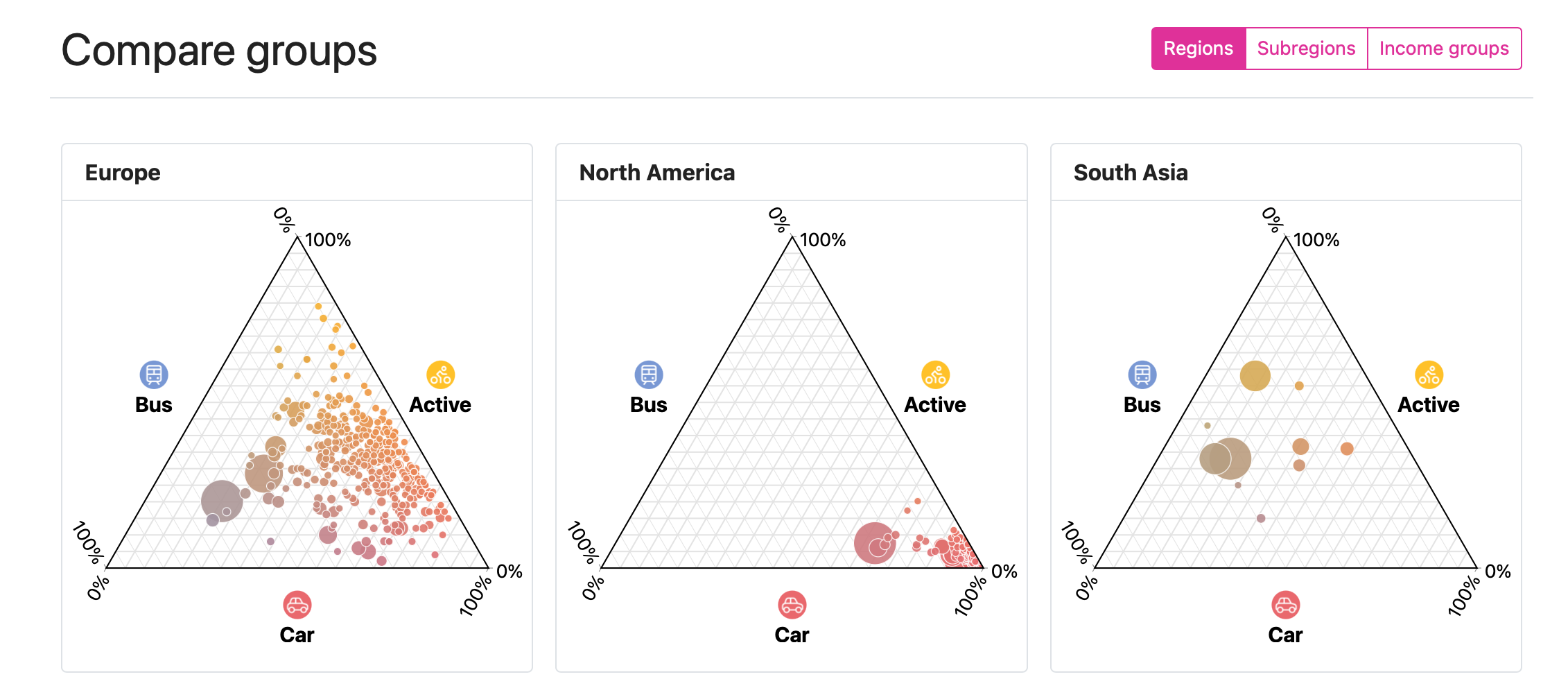GTG Links 42 – Gaming Green Taxonomy Alignment, SBTi revolt, chip-making impacts + the evolution of click farming

It's been a bonkers busy couple of weeks, but I have a big new piece almost ready to go for Monday. Didn't quite finish it in time for today, and it's been too long between posts, so here's some weekend reading to tide you over. Enjoy!
Historian and theorist of the fossil fuel era Andreas Malm on the deep historical connections between the Industrial Revolution and Palestine
Looking at the role of British steam power – the fossil power par excellence of the 19th Century – Malm traces one of the earliest deployments of the newly-coal powered Royal Navy. Fossil power detached the exercise of naval power from the fickle fates of wind, and he describes the 1840 military action against the Palestinian port of Akka which was its first example:
Whatever the exact degree of intentionality, the results of the strike from the first true fighting steamship are not in doubt. The Palestinian town of Akka turned into a mass of rubble. ‘Two entire regiments’, said a report to Lord Palmerston, ‘were annihilated, and every living creature within the area of 60,000 square yards ceased to exist; the loss of life being variously computed from 1,200 to 2000 persons.’[23] As night fell on 3 November, the few surviving Arab soldiers evacuated their last positions in Akka. When the British troops entered the town the next day, they were greeted by utter devastation.
[...]
What do we make of all this? Here is the first moment of articulation: the moment that ignited the globalisation of steam, through its deployment in war, was also the moment that conceived the Zionist project. But there was no perfect synchrony. Zionism was as yet only an idea. No Jewish settlement in Palestine developed in the wake of 1840; strictly speaking, the Palmerstons, Shaftesbury, Churchill, Gawler, Noah and the others all failed. They were ahead of their time, by half a century. But when the Zionist movement was eventually assembled, it was a wagon that could be placed on ready-made tracks, laid out by the British Empire after 1840: the dominant classes of the metropole had already constructed the logic of its satellite colony in Palestine, if only as a mental image. Zionism did not take material form in 1840, like the exercise of steam-powered violence did. We might conclude from this that the latter had causal primacy in history. Zionism first existed at the level of superstructure, on the base of the fossil empire.

CDProjekt Red’s annual ESG report is out

Once again the CDPR ESG team have lifted the bar for comprehensive disclosures in gaming. Lots of great details in here for the nerds (like me), but perhaps the most fascinating bit is on page 88:
"In 2023 we submitted a formal request for the European Commission to unambiguously clarify whether revenues from sales of games, as well as CapEx related to develop- ment thereof, are Taxonomy-eligible under Activity 8.2 Computer programming, consultancy and related activities described in annexes to Commission Delegated Regulation (EU) 2021/2139. On 10 July 2023 we received an affirmative reply.
Apparently the EU considers sales of games to be taxonomy-aligned activities. I'm in the process of finding out more about this, including whether there are any requirements attached, because it seems like a big departure from most people's understanding. I'll keep you posted.
They’re really doing it - a PS5 Pro or whatever
And still I ask... why? Who is asking for it?

The NYTimes is now a gaming company (by hours spent)
Perhaps I should add them to the Net Zero Snapshot 🤔
The New York Times is now a gaming company on the basis of customer time spent
— Matthew Ball (@ballmatthew) March 31, 2024
(From ValueAct, Data estimated by Yipit, Source: https://t.co/hdSkS5oF25) pic.twitter.com/vEfickAyup
EY lowers its carbon pledge
But in the process, integrates a much more serious understanding and dials back the greenwashing:
“To claim net zero status, the SBTi says, companies must make big reductions in their operational emissions, as well as those from their supply chains and the use of their products. Crucially, it says, the emissions that remain must be neutralised by active removal of carbon dioxide from the atmosphere — not by the emissions avoidance projects that EY has been relying on.
So EY’s rethink, which it says is partly due to evolving standards for corporate climate plans, reflects some welcome progress. Back in 2021, these standards were less clear, and some businesses approached this space largely as a marketing opportunity. Today, companies with hastily conceived net zero strategies risk looking ridiculous.”
https://www.ft.com/content/558c81d3-c305-4bd2-86bd-c46454ea13b7
Speaking of SBTi
The org is currently in hot water for proposing a rule change that would see the approval of carbon offsets for (some?) Scope 3 emissions. Staff within the org itself have reacted strongly to the proposal, and experts outside it contacted by the Guardian seem ambivalent but perhaps open to the idea. My take? If it does happen, the use of any offsets needs to be extremely carefully scrutinised. We simply cannot have a repeat of the past decade plus of ineffective action. We are out of time for solutions that don't directly bring down emissions.

Case in point – the scientific community is now jumping up and down waving their arms about the truly unprecedented temperature increases in Antarctica, which could lead to multiple meters of sea level rise. These changes can only be explained by the effects of Greenhouse Gasses leading to the change in climate:
“The cause of this ecological and meteorological change lies outside the continent,” added Siegert. “It is being caused because the rest of the world is continuing to emit vast amounts carbon dioxide.
“Nevertheless, there is a good case for arguing that if countries are knowingly polluting the atmosphere with greenhouse gases, and Antarctica is being affected as a consequence, then the treaty protocol is being breached by its signatories and their behaviour could be challenged on legal and political grounds.

Climate Chaos has been especially hard on Mongolia
The worst Mongolian winter in over 50 years, following 6/10 years of extremely hard winters, is hitting the country extremely hard - and it’s likely because of changing weather patterns.

CATL battery packs take a leap forward
Unless there’s some sort of fudge in the numbers here, this is actually huge for EVs.

Did you know Europe is handing out repair vouchers?

Totally new internet speed record might bodes well for continuing internet efficiency

Global shipping and sustainable fuels
Good video here looking at the promises and challenges facing the global shipping sustainability transition - looking at the use of ammonia for shipping fuel.
Japanese IT company NTT has produced a standard/set of boundaries for contract-produced software CO2 calculation

Evolution of click-farming
Check out this post on Instagram with photos from 4 generations of "click farming" from simple manual operator setups to modern automated fakery. I shudder to think about the amount of power wasted by these over the years, all to padding the stats for websites and algorithms. But at least they're all running off mobile phones and tablets, rather than power hungry graphics cards.

Japanese LNG financing is ruining US Gulf Coast communities
Most people don’t realize that Japan is bankrolling LNG and the destruction along the US Gulf Coast. Japanese private banks MUFG, Mizuho, and SMBC are the first, second, and third biggest financiers of LNG export projects in the US. These banks have committed more than $13 million, $11 million, and $10 million respectively to US-based LNG projects.

Intel is pushing ahead with removing PFAS from chip manufacturing

Chip maker TSMC is building its first US plant – in water-stressed Phoenix
Semiconductor fabs rely on water to clean the tiny silicon wafers that computer chips are built on. And as design companies such as Arm and Nvidia have developed new, more complex cutting-edge chips to support tech like AI, TSMC has required even more water to build them. TSMC’s water usage per unit has been trending upward in recent years, though it’s also reusing water and aims to achieve a 90% recycling rate.
…
“90% recycling sounds really good,” said Josh Lepawsky, a professor at the Memorial University of Newfoundland and an expert in resource use and waste in the electronics industry. “Maybe this is obvious, but 90% means that, by definition, 10% is lost or not recycled. Every 10 days, you’ve got a 100% need for ‘new water.’”

Neat graph on 'Which countries are historically responsible for climate change?'
Analysis: Which countries are historically responsible for climate change? | @drsimevans @tomoprater #CBarchive
— Carbon Brief (@CarbonBrief) April 11, 2024
Read: https://t.co/MLRDhfhbKJ pic.twitter.com/1lGkq6BslR
How people move through cities
And last for today, check out this incredible interactive website which visualises how most people move through the cities they live in, how people commute to work. North American car dependence is absolutely bonkers!

Thanks for reading Greenign the Games Industry – hope you have a great weekend.








